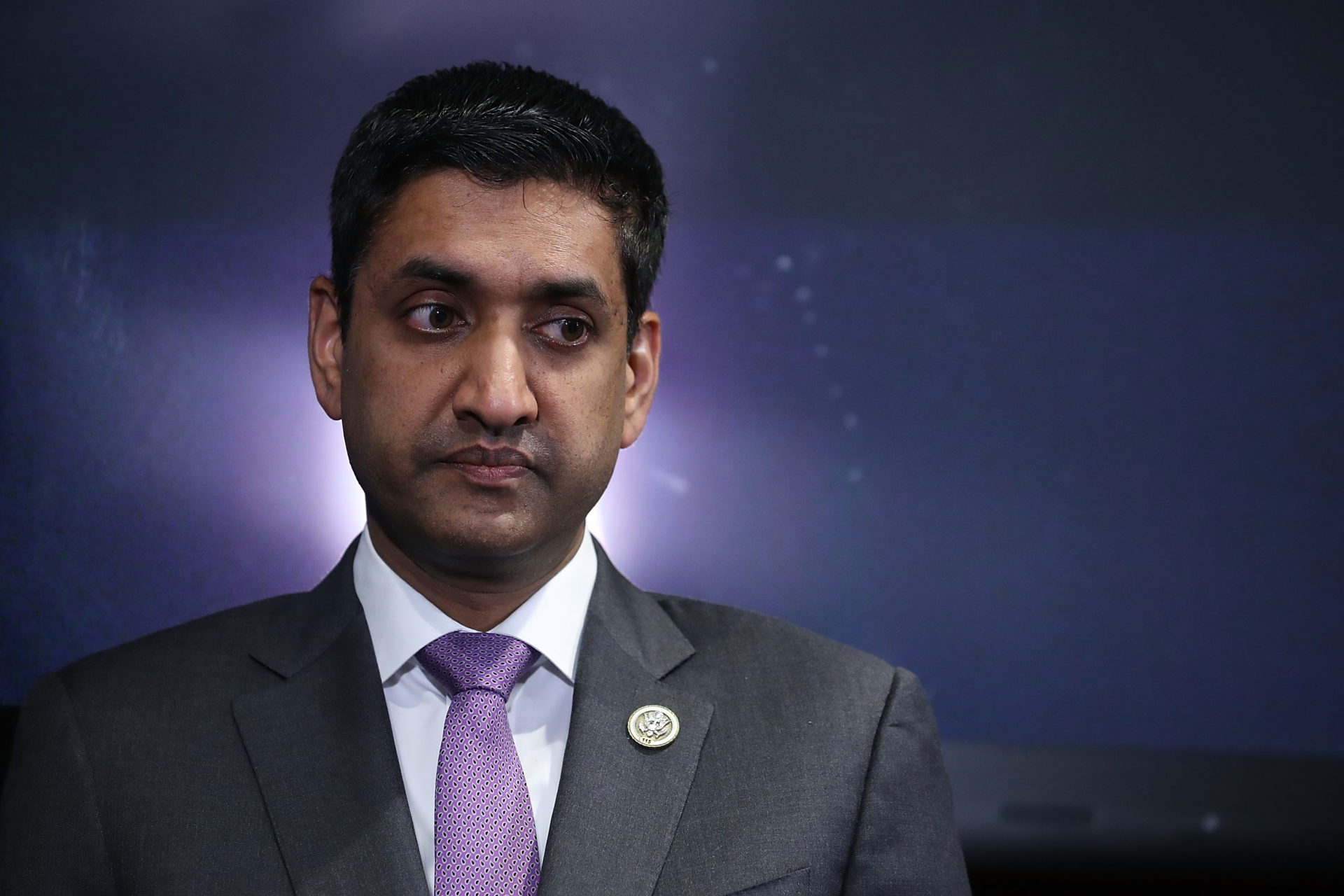Khanna to Reintroduce Bill Mandating Broadband Economic Impact Studies

Rep. Ro Khanna (D-Calif.) is set to reintroduce on Wednesday his version of legislation that would require the Commerce Department to start studying the economic effects of U.S. broadband deployment and adoption.
The bill mandates that the department conduct the study every two years, with the first one required to be released within two years of the bill's enactment. In doing so, the Commerce Department would work with its Bureau of Economic Analysis and assistant secretary for communications and information to measure how internet infrastructure deployments, e-commerce transactions and digital media consumption change the U.S. economy.
The Measuring the Economic Impact of Broadband Act has Reps. Brian Fitzpatrick (R-Pa.), Anna Eshoo (D-Calif.), Peter Welch (D-Vt.) and Yvette Clarke (D-N.Y.) as co-sponsors. Both Fitzpatrick and Eshoo co-sponsored last year’s version of the bill (H.R. 5093), which stalled in the 115th Congress after being referred to the House Energy and Commerce Committee.
The reintroduction of the House bill comes a little over a month after the Senate passed companion legislation introduced by Sen. Amy Klobucher (D-Minn.), S. 1289, by unanimous consent. Klobuchar and bill co-sponsor Shelley Moore Capito (R-W.Va.) serve as co-chairs of the Senate Broadband Caucus. Khanna’s new bill is similar to the Senate bill.
“The federal government has an obligation to study the economics of broadband, produce reliable data, and ensure communities can make informed decisions for their local economies,” Khanna said in a statement provided to Morning Consult. Widespread broadband access will enable rural Americans to “participate in the gains of the digital economy,” he said.
Khanna’s office said the legislation is supported by several broadband and wireless trade groups, including Connected Nation, NTCA – The Rural Broadband Association, the Wireless Infrastructure Association, ITTA – The Voice of America’s Broadband Providers, and the Computer and Communications Industry Association.
Khanna, who serves Silicon Valley as the representative for California’s 17th Congressional District, sees the bill as a step in his effort to increase opportunities for workers across the country to join the tech economy. He’s made several trips to towns in Kentucky, Iowa and other states in the middle of the country to discuss how those regions can adapt to the workforce changes brought about by companies in Khanna’s district.
In December, Khanna alleged in a Twitter post that now-Energy and Commerce Chairman Frank Pallone (D-N.J.) had said he “won’t move a Khanna bill” on rural broadband due in part to the California lawmaker’s support for a Green New Deal, which Pallone opposes.
Heather Purcell, a spokeswoman for Khanna’s office, said Tuesday by email that while the two lawmakers have had disagreements in the past, Khanna “respects Mr. Pallone’s leadership and his commitment to public service and progressive vision for America.”
“They may have feuded in the past but ultimately, the past is the past and they are on the same team,” she said.
A spokesperson for Pallone’s office did not respond to a request for comment.
Sam Sabin previously worked at Morning Consult as a reporter covering tech.